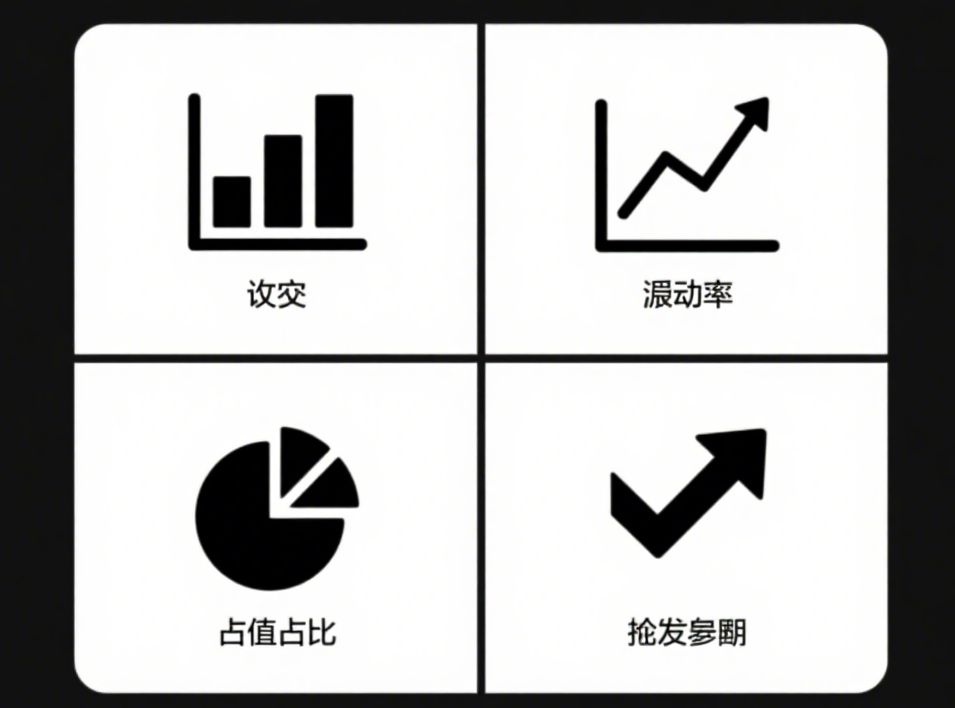
Anti-Involution in the Pig Industry: Targeted Efforts Focusing on "Capacity Control, Weight Reduction, and Restricted Secondary Fattening"
Since 2024, the central government has repeatedly emphasized preventing "involution-style"恶性竞争 (malicious competition) and has focused on building a unified national market and managing outdated production capacity. As a typical example, the pig industry has faced rapid capacity expansion after the African swine fever outbreak, diversified demand, and improved production efficiency due to breed improvements on the supply side. These factors have led to prominent阶段性错配 (periodic mismatches) between supply and demand, trapping companies in the "involution" dilemma of low-price competition and compressed profits. In response, in 2025, the Ministry of Agriculture and Rural Development and other departments密集出台 (intensively introduced) regulatory policies, focusing on "capacity control, weight reduction, and restricted secondary fattening" to精准发力 (apply targeted efforts), promoting the industry's shift from无序扩张 (disorderly expansion) to high-quality development. Its practical path and effectiveness hold significant reference value for solving the "involution"困境 (dilemma) in broader fields.
On June 10, the Ministry of Agriculture and Rural Development proposed a pig production capacity regulation framework: reducing the national number of breeding sows by 1 million to 39.5 million, slightly above the basic production capacity; optimizing pig production, increasing the淘汰 (culling) of weak piglets, guiding the reduction of slaughter weight, and lowering the national reserve purchase weight requirement to 115 kg; strengthening monitoring, requiring local authorities to include secondary fattening and other factors in monitoring, and reporting monthly to the Ministry of Agriculture and Rural Development on breeding, inventory, average weight, secondary fattening, and other conditions.
On July 17, Huang Baoxu, Director of the Department of Animal Husbandry and Veterinary Medicine of the Ministry of Agriculture and Rural Development, stated at a press conference held by the State Council Information Office that the next step would focus on two tasks to promote stable development in pig production. First, adjusting capacity: increasing the frequency of market early-warning information releases, guiding orderly slaughter, accelerating the culling of low-yield sows and weak piglets, adaptively adjusting capacity, and promoting supply-demand balance. Second, stabilizing policies: implementing local responsibilities for stable pig production and prices, optimizing pig production capacity regulation measures, ensuring routine prevention and control of African swine fever, and firmly守住 (holding) the bottom line of preventing major regional animal epidemics.
On July 23, the Department of Animal Husbandry and Veterinary Medicine of the Ministry of Agriculture and Rural Development held a symposium on promoting high-quality development in the pig industry, inviting leading companies such as Muyuan, New Hope, CP Group, Dekon, Shuanghui, and Jinluo to participate. At the meeting, Minister of Agriculture and Rural Development Han Jun pointed out that capacity control measures must be strictly implemented, including reasonably culling breeding sows, appropriately reducing the inventory of breeding sows, reducing secondary fattening, controlling the slaughter weight of fattened pigs, and strictly controlling new production capacity. It is essential to accelerate the establishment of a modern pig breeding system, strengthen the development and utilization of pig genetic resources, advance independent innovation in the pig seed industry, and support pig seed enterprises in becoming better and stronger. Efforts must be unwavering in preventing and controlling pig diseases, addressing the shortcomings in epidemic prevention for small and medium-sized farms, strictly supervising pig quarantine, and坚守 (holding firm) the bottom line of preventing major regional animal epidemics. The action to save grain in the breeding industry should be深入開展 (deeply carried out), vigorously promoting low-protein diet technology and continuously advancing the reduction and substitution of soybean meal. The transformation and upgrading of the entire pig industry chain should be promoted, accelerating the更新改造 (updating and transformation) of animal husbandry facilities and equipment, promoting the application of IoT, big data, and artificial intelligence, integrating and推广 (promoting) advanced breeding technologies, and driving the digital and intelligent transformation of the pig industry. Safe and standardized pig slaughter must be全面推进 (comprehensively advanced), severely punishing illegal activities in slaughter and quarantine, and actively promoting the resource utilization of manure. Large enterprises should be encouraged to establish紧密联系 (close) cooperation mechanisms with small and medium-sized farms through order farming and entrusted breeding, helping cooperative farmers share the benefits of industry development.
















